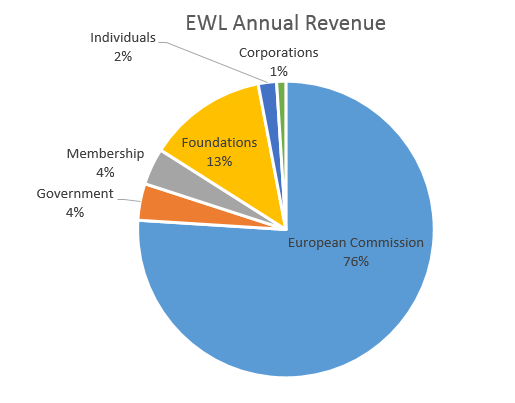by Ivan Mifsud’s
On 1 March 2011 the Court of Justice of the European Union (EUCJ) decided Case C-236/09; a preliminary reference case dealing with equal treatment in the insurance industry. Maybe I am mistaken, if so, whoever reads this article is free to correct me, but it seems to have come across in the media as a blow to women who are now going to have to pay higher car insurance premiums. Women may have been charged less insurance premium, prior to this judgement, because they were regarded as lower risk. Now, thanks to the EUCJ, they will have to pay as much as men because this distinction is declared illegal.
In actual fact this judgement is not a blow to women, and may have further reaching repercussions than car insurance.
Let me start with the judgement itself. The preliminary ruling from a Belgian Court concerned the validity of Article 5 of Directive 2004/113 (implementing the principle of equal treatment between men and women in the access to and supply of goods and services). This article allowed Member States ‘to permit proportionate differences in individuals’ premiums and benefits where the use of sex is a determining factor in the assessment of risk based on relevant and accurate actuarial and statistical data’. The EUCJ in its considerations (paras 15 et seq) made a number of important statements:
i. it referred to the European Union’s obligation to respect fundamental human rights as guaranteed by the European Convention on Human Rights and as incorporated in the Charter which as from 1 December 2009 has the same legal status as the Treaties ;
ii. it referred to the obligation under the Treaty of the Functioning of the European Union (TFEU), to the principle of equal treatment, the promotion of equality and the elimination of inequalities. This is a ‘progressive achievement’, a process in which the EU’s legislature is empowered to determine when to take action. It was thus permissible to provide for this derogation from the general rule requiring unisex insurance premia.
iii. on the other hand the derogation was too open-ended, the risk being that the derogation will be applied indefinitely. Therefore, the Court ruled that ‘that provision must therefore be considered to be invalid upon the expiry of an appropriate transitional period’ (para. 33) and ruled that the period expires on 31 December 2012.
So, it was concluded in the media that women will lose their privilege of being safer drivers than men by nature, and thanks to ‘Europe’ will have to pay more car insurance after 31 December 2012. In actual fact, this judgement is not a blow to women, even if women benefited by paying less car insurance. It is a reiteration of fundamental principles, and the correction of a permitted distortion of these same principles. According to the Brussels – based European Womens’ Lobby, this judgement will have wider repercussions than simply car insurance premia:
‘The judgement is particularly important to ensure women’s basic rights in a context of an ageing population and increasing pressure on state pension systems. At the moment in the EU, women are offered much less favourable conditions in private pension schemes compared to men because of their higher average life expectancy. With this ruling, private pension and savings schemes will have to comply with the principle of gender equality in the same manner as state schemes.
Discrimination based on sex in insurances, along with a pay gap averaging 17.6 percent and substantial savings gaps due to women spending long periods outside the labour market for unpaid care work, have resulted in a situation where 21 percent of women aged 65 and over live in poverty. Recent research in the UK found that women’s retirement savings were on average two thirds those of their male counterparts.’ (Blog comment in EU Observer.com).
In my opinion, these are worrying statistics. It is hoped that this judgement will lead to the requisite corrective action, which far outweighs the rise in insurance premia that women drivers might be faced with after December 2012.


